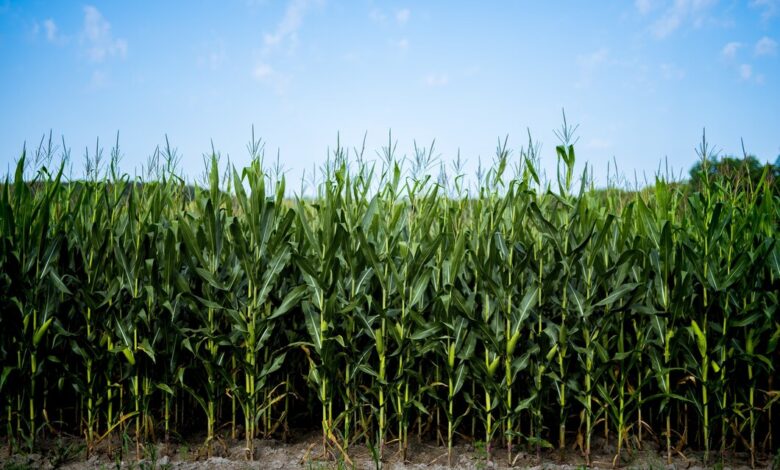Top 5 States in Nigeria Leading in Crop Production

Nigeria, often referred to as the “Giant of Africa,” is endowed with vast agricultural resources and diverse climatic conditions suitable for various crops. Agriculture plays a crucial role in the country’s economy, providing employment for a significant portion of the population and contributing to food security. Here are the top five states in Nigeria leading in crop production, showcasing their primary agricultural outputs and contributions to the sector.
1. Kano State
Kano State is one of the most agriculturally productive states in Nigeria, known for its vast expanse of arable land and favorable climate. The state is primarily recognized for producing:
- Sorghum: Kano is the leading producer of sorghum in Nigeria, which is a staple food and important for livestock feed.
- Rice: The state’s irrigation facilities have boosted rice production, making it one of the top rice-producing regions in the country.
- Maize: Kano also contributes significantly to maize production, supporting both human consumption and animal feed.
The state’s agricultural policies and investments in irrigation have positioned it as a hub for agricultural development.
2. Benue State
Benue State, often referred to as the “Food Basket of the Nation,” is renowned for its rich agricultural practices and fertile soil. The state excels in:
- Yams: Benue is the largest producer of yams in Nigeria, and its production contributes significantly to both local and national markets.
- Cassava: The state is a major producer of cassava, which is used to make various products, including garri and fufu.
- Maize and Rice: In addition to yams and cassava, Benue produces substantial quantities of maize and rice.
The state’s agricultural sector benefits from its favorable climate and government initiatives aimed at enhancing productivity.
3. Ogun State
Ogun State has emerged as a leading agricultural state in Nigeria, characterized by its diversity in crop production. The primary crops produced in Ogun State include:
- Cassava: The state is among the top producers of cassava, which is cultivated extensively for food and industrial purposes.
- Rice: Ogun has made significant strides in rice production, with various programs aimed at boosting yields.
- Cocoa and Palm Oil: The state also engages in the production of cash crops like cocoa and palm oil, contributing to the agricultural economy.
Ogun State’s strategic location and access to markets have facilitated its growth in agricultural production.
4. Kaduna State
Kaduna State is another major player in Nigeria’s agricultural landscape, with a focus on both food and cash crops. Key crops produced in the state include:
- Maize: Kaduna is one of the top producers of maize, which is essential for food security and livestock feed.
- Sorghum and Millet: The state is known for its production of sorghum and millet, which are important staple foods in the region.
- Groundnuts: Kaduna is also recognized for its groundnut production, contributing to the country’s oilseed industry.
The state’s agricultural development initiatives have been instrumental in enhancing crop yields and diversifying production.
5. Enugu State
Enugu State, located in the southeastern region of Nigeria, is notable for its agricultural productivity, particularly in the following crops:
- Yam: Enugu is known for its high-quality yams, which are cultivated extensively and serve as a staple food in many households.
- Cassava: The state is a significant producer of cassava, which plays a vital role in local diets and economies.
- Vegetables and Fruits: Enugu also produces a variety of vegetables and fruits, contributing to food diversity and nutrition.
The state’s agricultural policies and community-based initiatives have fostered growth in crop production.
The top five states in Nigeria leading in crop production—Kano, Benue, Ogun, Kaduna, and Enugu—each play a pivotal role in the country’s agricultural landscape. Their diverse climatic conditions and rich soil contribute to the cultivation of a wide range of crops, ensuring food security and boosting the economy. As Nigeria continues to seek ways to enhance agricultural productivity, these states will remain at the forefront, showcasing the potential of the country’s vast agricultural resources.




